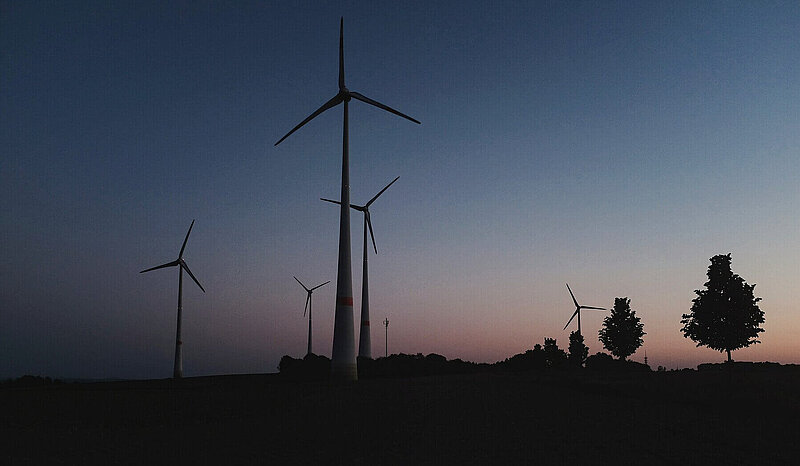
In open letter, the energy experts lay out series of swift and profound policy actions.
Laying out concrete, swift actions to deal with the imminent energy crisis, Professor Lion Hirth, colleagues at the Hertie School Centre for Sustainability and leading German energy analysts call on German and European Union policymakers in an open letter to react quickly and profoundly to Russia’s attack on Ukraine.
“Time is pressing and the planning horizon is short,” the authors say. “Unlike electricity, natural gas can be stored. That's why conservation and diversification measures should begin immediately, well before next winter. Every kWh of natural gas we save this March eases the supply situation this year and possibly into March next year."
Curtailing imports is an important part of sanctioning Russia and also helps confront the danger that Russia could halt energy flows to Europe, they say. Germany relies on Russia for 55% of natural gas imports, and in Europe the share is about 40%.
Among the possible measures: Diversifying natural gas suppliers and reducing consumption. This includes reducing demand for heating by turning down thermostats, which is one of the most scalable key short-term options. “Significant comfort restrictions next winter are conceivable and may be necessary,” they write.
The authors also recommend procuring liquified natural gas (LNG) in the short term and building terminals in Germany in the medium term. Other solutions for the mid-term include energy efficiency improvements and the massive expansion of renewables and electrification. Maintaining and reactivating coal and nuclear power plants to save natural gas consumption are another option for the next few years.
The letter, published in German in Tagesspiegel Background Energy & Climate, is not based on new academic research, but on the long-standing expertise and professional experience of the authors in energy and climate economics and policy. While the authors may have different perspectives on individual issues, they say decisive action based on these key points is sensible and necessary and want to jumpstart public and policy debates on these topics.
From the Hertie School Centre for Sustainability, Lion Hirth, Oliver Ruhnau, Silvana Tiedemann, Christian Flachsland, and Anselm Eicke are among the authors and first signatories of the letter. The authors also invite readers to sign the open letter. They will be regularly updating the list of signatories.
Find the open letter in English here.
Find the open letter in German here.
The authors also invite people to sign the letter here.
The Hertie School is not responsible for any content linked or referred to from these pages. Views expressed by the author/interviewee may not necessarily reflect the views and values of the Hertie School.
For more information, contact
-
Lion Hirth, Professor of Energy Policy
